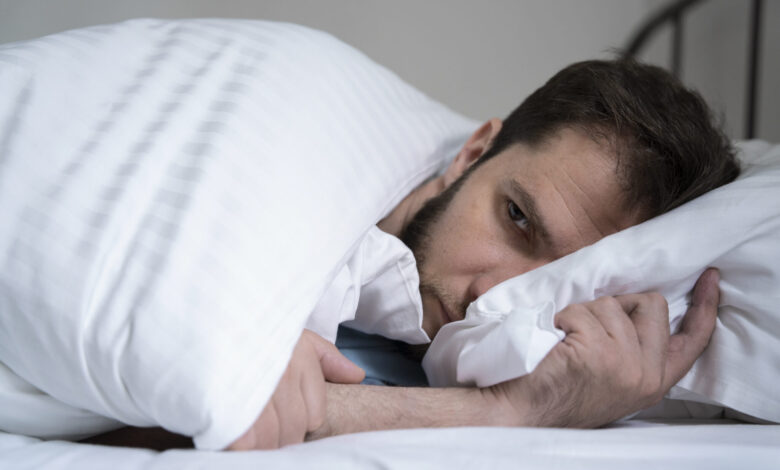The Link Between Anxiety and Sleep Disturbances

Anxiety is more than just occasional stress or worry—it’s a complex condition that affects various aspects of daily life, including sleep. People who struggle with anxiety often notice disruptions in their sleep patterns, which, in turn, intensify their anxiety symptoms. This cyclical relationship between anxiousness and sleep disturbances can feel overwhelming, but understanding the connection can be the first step toward relief.
Causes And Symptoms
Anxiety is typically triggered by factors such as stress, traumatic experiences, genetic predisposition, or even an imbalance in brain chemistry. For some individuals, anxiety may present itself as a generalized feeling of unease, while others might experience specific triggers, such as public speaking or social interactions.
The symptoms of anxiety vary widely and may include:
- Constant worry or nervousness
- Rapid heartbeat or shortness of breath
- Muscle tension and restlessness
- Difficulty concentrating or racing thoughts
- Fatigue and irritability
These symptoms don’t just affect your mental state—they can also interfere with your ability to relax and fall asleep.
Anxiety And Sleep
The connection between anxiety and sleep is complex, as anxiety often interferes with the ability to fall asleep, stay asleep, or even trigger nightmares. One common issue is racing thoughts, where persistent worries at bedtime make it difficult to relax and delay the transition into restful sleep. This mental restlessness prevents the natural unwinding process needed for quality sleep.
Anxiety also manifests through physical symptoms that disrupt sleep, such as a pounding heart, rapid breathing, or tense muscles. These physical responses keep the body in a heightened state of alertness, making relaxation feel impossible. As a result, the body struggles to shift into the calm state required for restorative sleep.
In some cases, anxiousness can lead to or worsen sleep disorders like insomnia or sleep apnea. Insomnia is often linked to an inability to quiet the body’s heightened awareness, keeping individuals restless through the night. Similarly, anxiety-induced changes in breathing patterns can exacerbate conditions like sleep apnea, further complicating the ability to achieve restful sleep.
Treatment Options
The good news is that there are effective treatments available for mitigating anxiety and improving sleep quality. One supportive option is Transcranial Magnetic Stimulation (TMS) therapy combined with psychiatry. TMS is a non-invasive procedure that uses magnetic fields to stimulate areas of the brain that regulate mood. Combined with professional psychiatric care, this helps address both the root causes of anxiousness and its effects on sleep.
Beyond TMS, other treatment options also make a significant difference:
Cognitive Behavioral Therapy (CBT):
CBT is a widely used approach for treating both anxiety and sleep issues. It helps individuals reframe negative thought patterns and develop healthier coping mechanisms.
Medication:
Anti-anxiety medications or sleep aids, prescribed by a professional, can be effective for short-term relief while other long-term strategies are implemented.
Lifestyle Adjustments:
Regular exercise, mindfulness practices, and creating a consistent bedtime routine can all improve the body’s natural ability to relax and fall asleep.
When to Seek Professional Support
If anxiety and sleep disturbances are affecting your day-to-day life, seeking help from a specialist will provide you with tailored solutions designed to meet your specific needs. A specialist offers anxiety-specific therapies which target underlying issues and help restore balance. With the right professional support, you can break the cycle of anxiousness and poor sleep, improve your mental health, and experience significant improvements in your overall well-being.
Finding Rest and Peace
The connection between anxiety and sleep disturbances is complex, but relief is possible. By understanding the causes, symptoms, and treatment options, individuals proactively address their unique needs. If you’re struggling with anxiety or disrupted sleep, now is the time to take the next step toward care and find rest once again. Reach out to a TMS and psychiatry specialist today to explore options that work for you.





